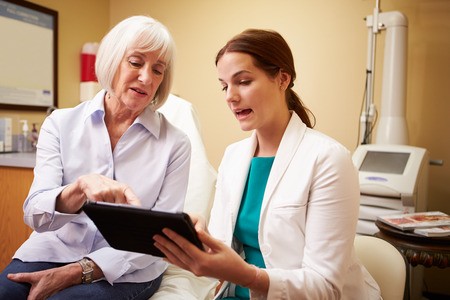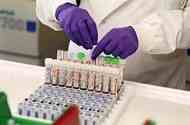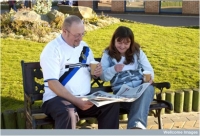Endocrine Problems in Primary Care - An Overview course for GPs



This session considers three important abnormalities of the endocrine system and how they might present in primary care.
This session was reviewed by Khyati Bakhai and last updated in June 2019.
Learning Objectives
By the end of this session you will be able to:
- List the endocrine syndromes that are commonly seen in primary care and those that are rare but important
- Recognise the biochemical abnormalities that may accompany three important endocrine disorders in primary care
- Know the first line investigations in the assessment of a patient with these disorders
- Coordinate the care and monitor the treatment of patients in primary care with these disorders
In general practice, the most commonly encountered endocrine disorders are likely to be diabetes mellitus, thyroid disorders and reproductive system disorders.
Berenice Lopez is a Consultant Chemical Pathologist at the Norfolk and Norwich University Hospital. She has metabolic medicine subspecialty training and has an interest in nutrition and renal stone disease.
Dr Lopez has a background in primary care having previously worked as a GP partner and in the GP out of hours services. She maintains links with primary care through her work with the RCGP in the areas of nutrition, laboratory testing and GP education.
Dr Lopez also has an interest in quality and safety. She is vice-chair of the National Quality Assurance Advisory Panel for Chemical Pathology and sits on a Primary Care Patient Safety Expert Group for NHS England.
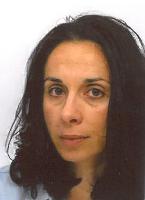

Nuha is a Consultant in Chemical Pathology with Hywel Dda NHS Trust.
Nuha’s special interest is in lipidology and endocrinology, particularly gynaecological endocrinology.
Ceridwen is Consulatant Chemical Pathologist at the North Bristol Trust and director of clinical practice for the Association for Clinical Biochemistry.
Ceridwen has particular interests in Lipids and cardiovascular risk factors; Point of Care Testing [currently Clinical Lead for the Trust]; Quality and Laboratory Accreditation [delivering senior roles with Clinical Pathology Accreditation UK, Ltd for over fifteen years, and being past Chair of the UKNEQAS Specialty Advisory Group for Interpretative Comments in Clinical Chemistry]; and Education, having been a Clinical Tutor, Director of Postgraduate Medical Education for the Trust, and Tutor for Clinical Biochemistry in the North Bristol Academy.
Ceridwen served two terms on the Council of the Association of Clinical Pathologists, and was President in 2006-7. She was Director of the Clinical Practice Section of the Association for Clinical Biochemistry 2007-9, raising the profile of Clinical Biochemistry within the wider healthcare community, particularly with General Practice. This included lecturing at Primary Care Live and at BMJ Masterclass.
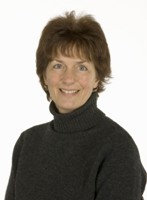
- Communication Impairments Part 4: Autistic Spectru...
- Posted By eIntegrity Healthcare e-Learning
- Posted Date: 2024-12-23
- Location:Online
- This session is the last of four that looks at different speech, language and communication impairme...
- Communication Impairments Part 3: Cleft Palate, He...
- Posted By eIntegrity Healthcare e-Learning
- Posted Date: 2024-12-23
- Location:Online
- This session is the third of four which describe different speech, language and communication impair...
- Communication Impairments Part 2: Specific Speech ...
- Posted By eIntegrity Healthcare e-Learning
- Posted Date: 2024-12-23
- Location:Online
- This session is about speech sound disorder (SSD). It describes the characteristics associated with ...
- Communication Impairments Part 1: Late-talking Tod...
- Posted By eIntegrity Healthcare e-Learning
- Posted Date: 2024-12-23
- Location:Online
- This session is the first of four which describe different speech, language and communication impair...
- Typical Development Part 2: First Words and Early ...
- Posted By eIntegrity Healthcare e-Learning
- Posted Date: 2024-12-23
- Location:Online
- This session gives an overview of the main aspects of how language typically develops in children. I...

